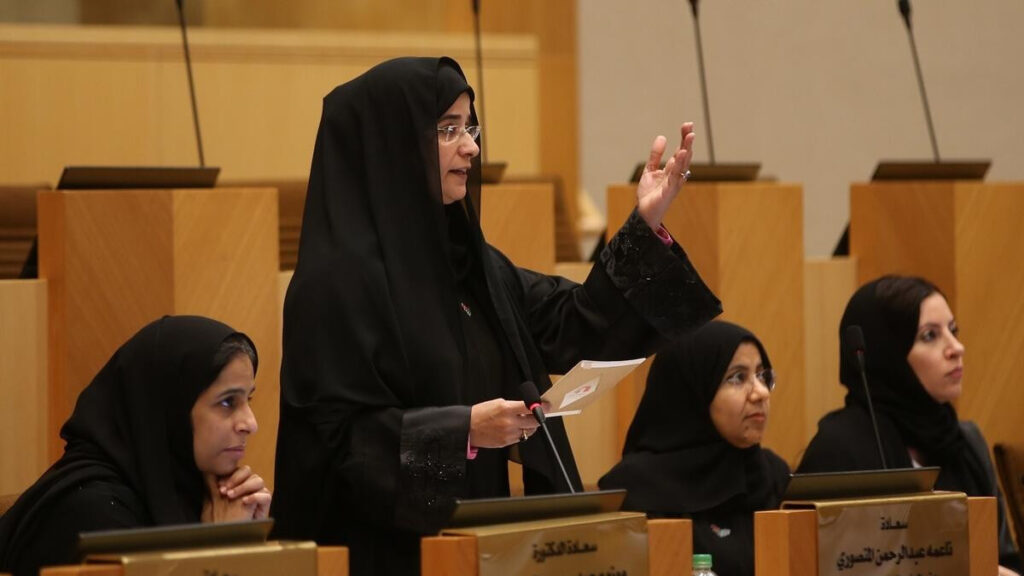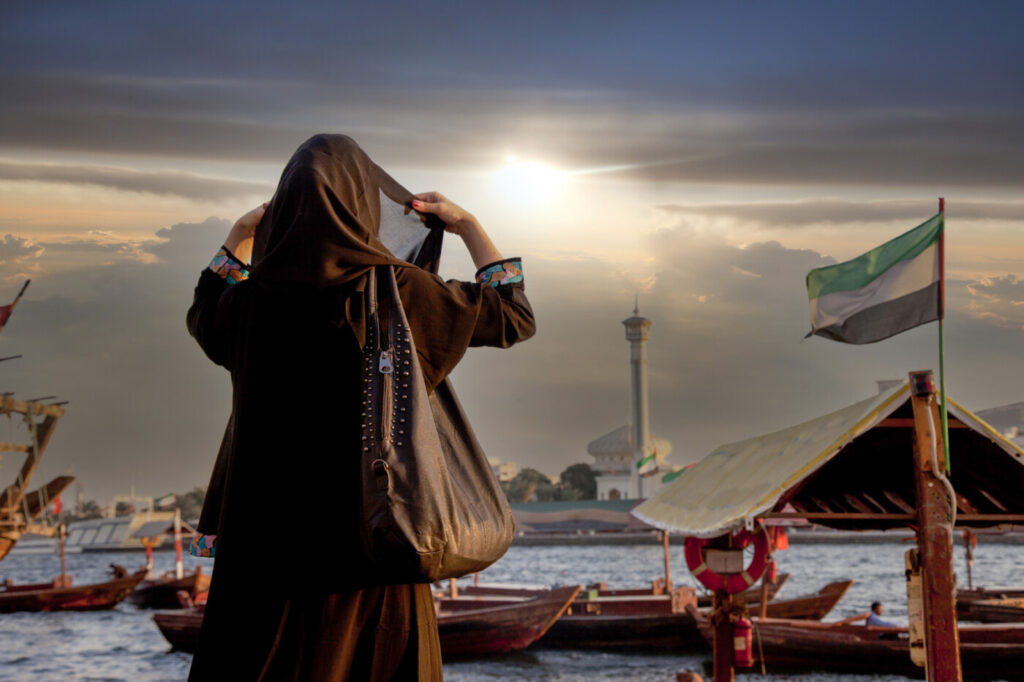
The United Arab Emirates (UAE) is a sought-after destination for business, but cultural nuances raise concerns among international observers. Divergent ratings portray a complex picture, with some highlighting women’s protection and others pointing to discrimination.
The UAE, being an Islamic country, follows the principles of Sharia in its legal system. The constitution grants women various rights, including higher education, driving, entrepreneurship, and participation in government. Notably, Dubai has implemented measures such as designated parking spaces and women-only carriages in public transport since 2017. The Women Peace and Security Index 2021/22 ranks the UAE 24th globally in women’s safety.
The Global Gender Gap Report 2022 places the UAE at 79th for women’s access to education, with an impressive 99.7% literacy rate. In terms of reducing the wage gap, the country is ninth out of 146 nations. However, traditional family values necessitate women to coordinate career decisions with their husbands or male guardians.
READ: Investor Experience in Dubai: Navigating Challenges in a Diverse Market
Guardianship in Muslim countries entails male relatives taking responsibility for women throughout their lives. While this differs from European traditions, some residents perceive it positively. Expats describe Dubai as cosmopolitan and tolerant, echoing the sentiment of foreign women who appreciate the authorities’ openness.
Despite the cosmopolitan atmosphere, local women in the UAE attach importance to maintaining traditional clothing. Foreign women, on the other hand, may not face scrutiny over their appearance. Notably, all interviewed UAE women opted to remain anonymous.
While the Women Peace and Security Index 2021/2022 suggests that women in the UAE feel safe, Human Rights Watch claims discrimination against women. Exploring the reasons behind these varying assessments reveals a nuanced reality.
While the Women Peace and Security Index 2021/2022 suggests that women in the UAE feel safe, Human Rights Watch claims discrimination against women.
The UAE government provides substantial benefits to women, fostering a sense of security. However, challenges persist in achieving equality, evident in everyday life and legislative frameworks. Despite legal reforms, custodial power remains with men, and legal loopholes mitigate punishment for violence against women.
Women in the UAE enjoy access to education and driving but face constraints on freedom of movement. Even adult female students in higher education require permission to travel outside the university, unlike their male counterparts.
READ: New York City Rental Benefits: Elder Care, Airbnb, and Alternative Contracts
Guardianship, seen by some as protection, imposes limitations on women’s freedom and potential. This not only restricts individual women but also hampers the country’s potential by limiting the contribution of qualified female professionals.

Dhabia Khamis faced repercussions for a critical tweet, including a travel ban. This highlights the absence of guaranteed political freedoms in the UAE, where women advocating for their rights may face sanctions.
Combining gender equality and Sharia law in the UAE involves navigating a conservative interpretation of Islamic principles. Recent legal changes reflect a shift, requiring women to obey their husbands and fulfill domestic responsibilities, potentially impacting their entitlement to spousal support.

While the UAE stands out as a relatively strict police state in the region, its policies influence other Gulf countries. Saudi Arabia, for instance, has adopted more repressive measures, aligning with the UAE’s approach.
READ: Moving to Dubai in 2024: Advantages and Disadvantages
While the UAE follows a conservative interpretation, other countries, like Tunisia, showcase more progressive approaches. Conversations about discrimination and equality face challenges in the UAE, reflecting authorities’ hesitance to ensure full rights and freedoms.